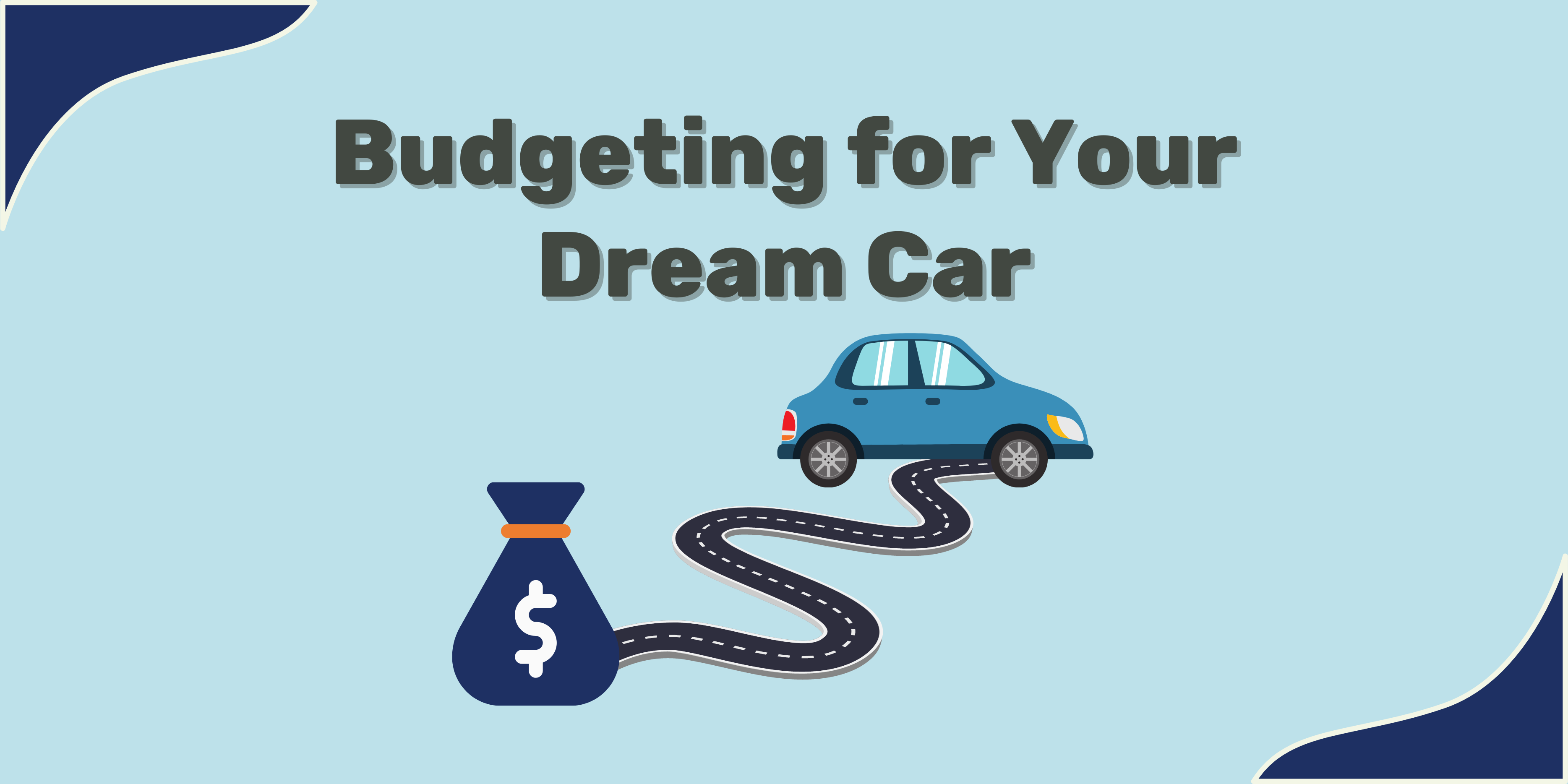About the Author
Stephany Lamas
Stephany joined the RentReporters Marketing Team in 2021.


If you’re looking to buy a used or new car, you may be wondering how much money you need to save up. First, it’s important to note that the more you save, the less you have to borrow and pay in interest. The more disciplined you are in your savings, the more you’ll save in the long run.
Calculate all your monthly expenses: rent/mortgage, utilities, phone bill, credit cards, insurance, student loan payments, food, etc. Once you do this, we recommend using the 50/30/20 budgeting method, which allocates 50% of your monthly income to needs, 30% to wants, and 20% to savings.
Is a car a need or a want? You can answer this question by asking yourself, “am I getting this car because I need to get to work and facilitate daily tasks?” or “am I getting this car because I want to have a nice car to drive around?” This will help you determine if the car budget should come from the 50% “Needs” budget or the 30% “Wants” budget.
When calculating your budget, don’t forget to include recurring costs, such as insurance, gas, maintenance, and repairs, in the total. For insurance premiums, your driving history, age, car type, and credit score will impact how much you will pay. Be sure to compare car insurance rates from several insurers to get the best deal.
Gas prices vary and fluctuate often, but you can find the cheapest option in your area using apps like GasBuddy to calculate an approximate amount per week.
For maintenance, consider getting a plan or warranty from the car dealership if you buy a used car. Depending on the plan you get, it can cover the costs of certain repairs or service jobs. If you can’t get a plan, make sure you put money aside each month for unexpected repairs and maintenance. It is recommended to save about $100 per month if the vehicle has over 100,000 miles.
Your down payment amount will be based on the car you want and can afford. Figure out how much you can spend and look for cars in that price range. The general rule is to save 10% of the sale price for a used car and 20% for a new car.
For example, if the used car you want costs $8,000, you should put down at least $800. For a $20,000 new car, you should put down at least $4,000 upfront. Doing this will help you get a better deal by helping you qualify for a loan, get you a lower interest rate, and have affordable monthly payments.
Buying a brand new car comes with many perks like warranties, knowing the car’s history, and lower interest rates. However, they are more expensive, can lose value quickly, and you may pay higher insurance premiums. It’s an expense not everyone can afford.
Choosing a used car can be a great option because monthly payments are lower along with insurance premiums and registration costs. If you save enough money, you can even buy a used car outright and not take out a loan. Weigh in your options to see what works best for you and your wallet.
We all want the best, most expensive, fanciest, fastest car but choosing the right car for your needs and your budget can help you save better and more. Some questions to ask yourself when in the process of purchasing a vehicle should include:
Once you determine what type of car you’re buying, you can find the fair purchase price through the Kelly Blue Book.

In just a few minutes, discover your credit knowledge level and get instant access to a FREE credit education course tailored to you!
If you don’t have a savings account, we recommend opening one to store all the money you have saved somewhere safe. Make sure this account is out of reach so you are not tempted to use it all on something else. Once you do this, you’ll be able to contribute to your savings account each month or week. Automating it may be a better idea, so it will automatically transfer the amount from your checking account to your savings without you having to do it.
If you have a car already, you have the option to sell or trade it in and put that money towards your next vehicle. Use appraisal apps or tools to estimate your current car’s value so you’ll know how much to sell it for and add to your savings fund.
Cars depreciate in value over time, so the larger the down payment you give, the less time you’ll spend owing more money on the car than what it’s worth. This is important when you want to trade in a car so you have equity to help finance the new vehicle, rather than rolling existing debt on top of new debt.
Selling it yourself is usually the better idea as you may get more money than the trade-in option. However, this process is a little more complicated if you still owe money on your current car. But if you’re patient and can find a buyer willing to work with the situation, you could be looking at possibly thousands of dollars more on the sale price than if you had traded-in.
One of the best ways to save is to think about what you really need vs. what you want and spend your money carefully. For example, cutting back on buying coffee every day or going out to eat three times a day temporarily can help you save a lot down the road.
Think about how you can change certain habits to ensure you are not limiting yourself completely but more rewarding yourself from time to time without losing sight of your goal and redirecting your money towards your car-saving funds.
If you want to buy your car soon, consider finding a side hustle.
This could be selling stuff you don’t use anymore, working from home, or finding small temporary jobs in your city. Every little bit counts and adds up over time, so don’t be discouraged. You’ll get there faster than you think.
Having a good credit score is necessary to get a good deal on a car and save money on interest. Interest rates differ based on your credit score, so working on your credit score before buying can help you budget better for your car.
For example, someone with a score in the low 700s might see rates on used cars of about 5.35%, while someone with a score in the mid-500s might see rates of approximately 17.11% or more – that’s a huge difference!
One way to improve your credit score is by reporting your rent. Many renters don’t realize that rent payments are not automatically factored into your credit scores like mortgages or other bills. For most renters, this means that the most significant recurring expense they diligently pay each month – has ZERO impact on their credit score.
RentReporters help renters improve their credit by reporting their monthly rent payments to the major credit bureaus.
Stephany joined the RentReporters Marketing Team in 2021.
